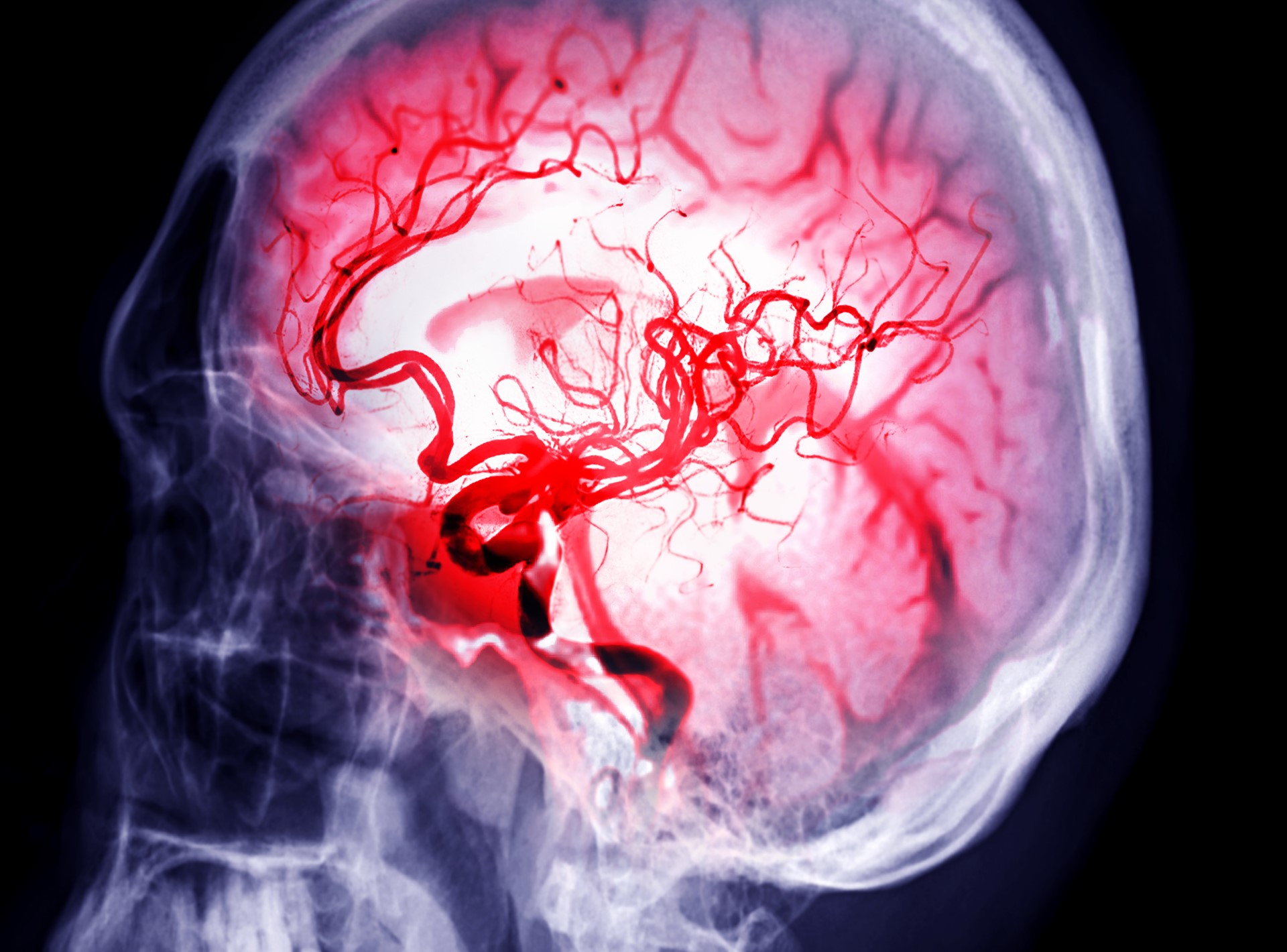A Perth based biotechnology company is preparing to enter the Phase 2 ‘proof of concept’ clinical trial of its ground-breaking neuroprotective drug ARG-007, for acute ischaemic stroke (AIS) patients.
Argenica Therapeutics’ (Argenica) ethics application has been given the green light by St Vincent’s Hospital Melbourne’s Human Research Ethics Committee (HREC), meaning the first dosing of stroke patients will happen early next year.
The company has shown ARG-007 successfully improved outcomes in pre-clinical stroke models, traumatic brain injury (TBI) and hypoxic ischaemic encephalopathy (HIE), with the drug also shown to be safe and well-tolerated in healthy human volunteers in a Phase 1 clinical trial.
Currently there are no neuroprotective drugs on the market that can protect brain cells from injury following a stoke – making the drug a potential ‘world-first.’
Argenica CEO and managing director Dr Liz Dallimore said proving safety and preliminary efficacy in human patients who have suffered a stroke is a pivotal moment for the company and the culmination of more than a decade of research work.
“We are confident we have designed a robust trial that is well structured and considered,” Dr Dallimore said.
“Should the trial meet some or all of its endpoints, Argenica and ARG-007 are likely to garner significant commercial interest from large pharmaceutical companies.”
Argenica was incorporated in 2019 specifically to undertake the development and commercialisation of this novel treatment, which was based on the pioneering work of Professor Bruno Meloni and Clinical Professor Neville Knuckey from UWA and the Perron Institute for Neurological and Translational Science.
The HREC approval allows Argenica to start setting up trial sites in hospitals across Australia, where up to 92 patients will be dosed with either ARG-007 or a placebo in the Phase 2 trial – only patients with a diagnosed large vessel occlusion (LVO) stroke eligible for endovascular thrombectomy (mechanical removal of a clot in the brain) can be enrolled.
Hospitals that have confirmed their participation in the trial include:
- Sir Charles Gardiner Hospital and Fiona Stanley Hospital in WA;
- Royal Melbourne Hospital and Monash Medical Centre in VIC;
- Royal Adelaide Hospital in SA;
- John Hunter Hospital in NSW; and
- Princess Alexandra Hospital in QLD.
Site governance will be undertaken at each hospital with two additional hospitals to be added in the coming months.
“The governance processes will involve visiting the sites and working with the principal investigator at each location to train staff around the specifics of the trial – in the clinical trials space it really is a ground-breaking trial to be involved with and everyone involved is excited to get underway,” Dr Dallimore said, noting that the drug-manufacturing process has now also been initiated.
“Vials are expected to arrive at trial sites in Australia by mid to late December, ready for administration to patients as recruitment and dosing of patients commences early next year.”
To be eligible to participate in Argenica’s trial, patients will need to present to the hospital’s ED with a confirmed AIS caused by an occlusion in a large vessel in the brain which needs to be treated with endovascular thrombectomy.
Following confirmation of eligibility and obtained consent patients will then immediately receive either a single intravenous (IV) dose of ARG-007 or saline placebo prior to undergoing a thrombectomy procedure, with the trial conducted as a double-blind study.
Dr Dallimore said the trial’s primary objective is to evaluate the safety of a single dose of ARG-007 in participants with AIS.
“The secondary objective is to characterise the effect of ARG-007 on reducing infarct volume (volume of brain cell death) in participants with AIS,” she said.
“ARG-007 is based on a linear sequence of an amino acid, Arginine, which can bind to and regulate the activity of important proteins in the body. Because this molecule works through several different mechanisms, it could be effective against many different illnesses.”
The company is continuing to generate preclinical data in other neurological conditions, including TBI, HIE and Alzheimer’s Disease and ARG-007 has also been shown to prevent the aggregation of a key neurodegenerative protein linked to Parkinson’s and Alzheimer’s.
Argenica will continue to progress pre-clinical studies of ARG-007 in Alzheimer’s Disease, with data from a mouse model expected next year.


